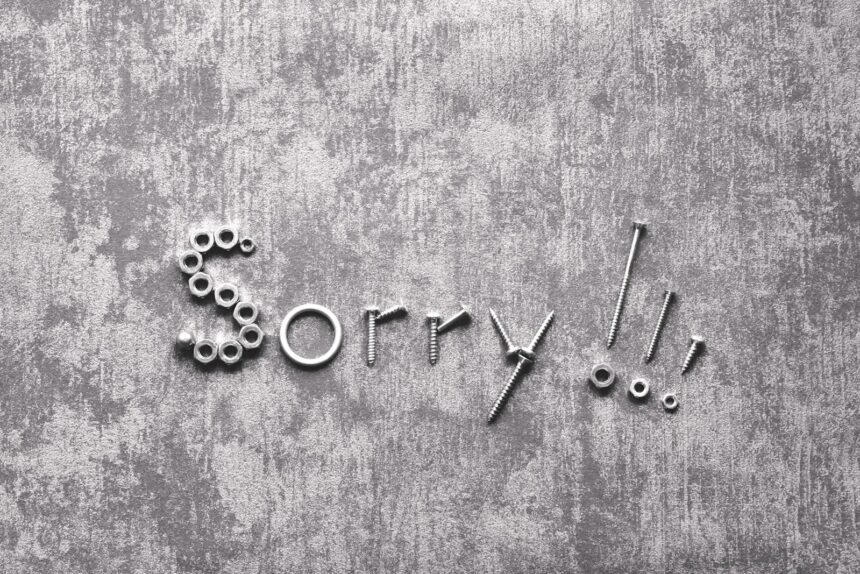That sinking feeling of guilt, the constant replaying of what you could have said or done differently, can quickly become a habit. And if it feels familiar, you are not alone. For many people, especially those who grew up in emotionally difficult environments, guilt is more than just a passing emotion—it becomes part of how you navigate the world.
You might not even realize how often your mind whispers things like “It is because of me” or “I should have known better.” Over time, these thoughts shape how you relate to others and to yourself. It drains your energy, chips away at your confidence, and leaves you taking responsibility for things that were never yours to begin with.
But that does not mean it has to stay this way. The urge to take the blame can be understood—and more importantly, it can be shifted. Recognizing why it happens is the first step to choosing a different way to relate to mistakes, emotions, and relationships.
Where the Habit of Self-Blame Comes From
Many people who struggle with guilt trace it back to childhood. If you were often made to feel responsible for other people’s emotions, it probably shaped the way you see yourself now. Hearing things like “You made me feel bad” or experiencing silent treatment after minor mistakes teaches your brain to associate love with guilt.
Taking the blame becomes a way to keep peace or feel in control. When something goes wrong, blaming yourself gives the illusion that you can fix it. That if you caused the problem, then you can also prevent it from happening again. It creates a kind of emotional safety net, even though it is not actually helping you.
At the core of this mindset is the hope that, by holding onto guilt, relationships can be repaired or feelings can be managed. It becomes a coping mechanism that feels useful, even if it slowly chips away at your well-being.
Why Constant Guilt Drains You
Living with this kind of guilt does more than weigh down your thoughts. It impacts your self-worth. When you take on guilt over things outside your control, your brain starts to believe that you are the problem—not just that there was a problem.
That mindset turns everyday challenges into personal failures. Even when you do everything right, your inner critic finds a way to whisper that it was not enough. That level of self-monitoring creates mental exhaustion, and over time, it can lead to burnout and anxiety.
The emotional load becomes even heavier when you extend this guilt beyond yourself—feeling responsible for other people’s moods, mistakes, or reactions. That emotional overreach creates a toxic cycle that leaves very little room for joy, self-acceptance, or peace.
Learning to Step Out of the Guilt Loop
There is no instant fix, but there are small, powerful steps that can interrupt this pattern. The most important one is learning to ask yourself: “Is this really my responsibility?” Not everything that feels like your fault actually is.
Noticing your inner critic is another key move. Pay attention to that voice in your head when it tells you, “You always mess things up.” When you catch it in action, pause. Question its accuracy. Challenge it with facts. You are not your worst moment or your loudest fear.
Understanding the difference between guilt and responsibility is also essential. Owning a mistake does not mean defining yourself by it. Responsibility means learning and adjusting. Guilt tries to convince you that you are inherently flawed—and that is not true.
Allowing yourself to be human helps, too. You can have fears, make poor choices, feel overwhelmed or want to hide sometimes. None of that makes you a bad person. It makes you real. Accepting your messiness, your imperfections, and your needs is part of emotional maturity.
Growing Out of Guilt and Into Self-Trust
Letting go of guilt is not about denial or escape. It is about growth. It is about understanding where your responsibilities begin and where they end. It is about choosing boundaries that protect your mental space without cutting others off.
Freedom from guilt gives you permission to breathe, to feel safe in your own decisions, and to stop apologizing for simply existing. You are allowed to be a work in progress. You are allowed to care deeply without carrying weight that is not yours.
So when the thought comes—“It is all my fault”—pause. Ask yourself if that is really true. Chances are, it is just a voice from the past, not a reflection of your present. And you have the right to respond differently now.










